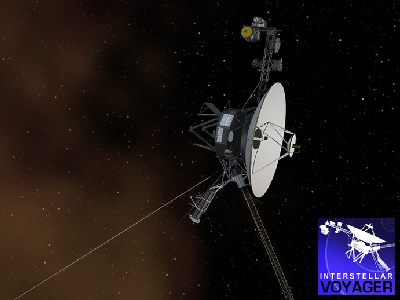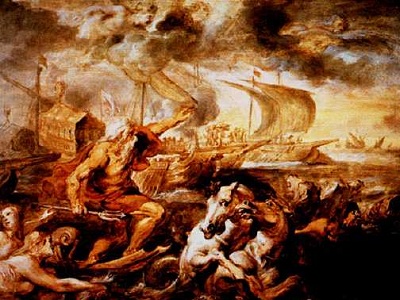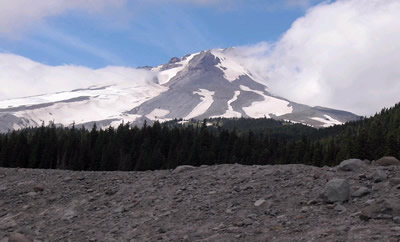Myths about Neptune and its Moons
Neptune, which was discovered in 1846, was unknown in ancient times. Astronomers decided to continue the practice of naming planets after deities in Greek and Roman mythology, so named this new planet after the Roman god Neptune (Greek Poseidon). Neptune was the god of the waters and was a son of Chronos and a brother of Jupiter (Zeus) and of Pluto (Hades).

Please log in
Science Blogs
Real Climate: climate science from climate scientists

Windows to the Universe, a project of the National Earth Science Teachers Association, is sponsored in part is sponsored in part through grants from federal agencies (NASA and NOAA), and partnerships with affiliated organizations, including the American Geophysical Union, the Howard Hughes Medical Institute, the Earth System Information Partnership, the American Meteorological Society, the National Center for Science Education, and TERC. The American Geophysical Union and the American Geosciences Institute are Windows to the Universe Founding Partners. NESTA welcomes new Institutional Affiliates in support of our ongoing programs, as well as collaborations on new projects. Contact NESTA for more information.






